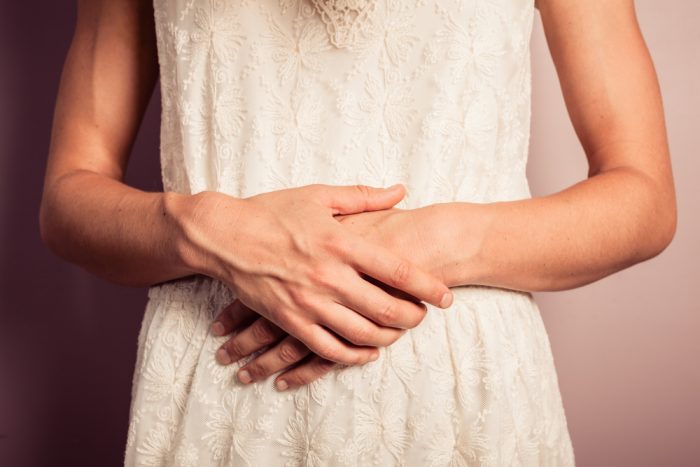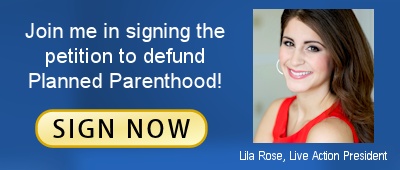America is in the grip of an opioid epidemic, with drug overdose now killing one person every ten minutes across the country. The most recent statistics published in The Economist show that the epidemic is worsening, with more individuals addicted to opioids than ever before. As a result, the number of women who are suffering from an addiction to drugs or alcohol and becoming pregnant is also increasing year on year.
The face of the female drug addict has changed considerably in the past decade: more and more opioid addicts are coming from the middle classes, living comfortable lives in the suburbs. Dealing with an unwanted pregnancy when you are also in the grips of an addiction can be difficult, and many people may suggest abortion as an “easy” solution. However, abortion is not the right option for these women, whose addictions make them more prone to depression, cancer and anxiety as a result of the emotional distress that abortion can so often cause.
The pregnant addict has better choices. Here’s why:
Women can find support in the pro-life movement.
Pro-lifers are often presented by abortion advocates as individuals who care more about the lives of babies in the womb than they do about the lives of the women and children involved in these situations once the baby in question has been born. However, as a recent op-ed in The Source newspaper shows, this couldn’t be further from the truth. Women experiencing unplanned pregnancies while struggling with addictions or any other lifestyle issues that they feel are incompatible with parenthood can find help from pro-life organizations. These groups can help with food, housing, clothing, education, baby supplies, and other financial and emotional needs, outside of the welfare system.
Pro-lifers offer vital services to moms and children in need. Women who find themselves unexpectedly pregnant can turn to local pro-life charities, pregnancy resource centers, or other networks for help. They will offer a listening ear and put women in touch with the right sources of the specific support they need.
Even if a woman has HIV, she can have a healthy baby.
Something to consider when a drug user becomes pregnant is her potential HIV status, and the risk of passing this on to her baby. However, again, a woman’s HIV status should not be considered a deterrent to continuing with a pregnancy. Women who have untreated HIV have a 25 percent chance of passing the infection on to their unborn children, while women who have HIV that is well managed and under control have a much smaller (less than 2%) chance of passing on the condition; this is why it’s so important that all women, but particularly women that have contracted HIV, to have regular prenatal checks with their physician. Needle exchange programs operating within the community also carry out blood tests to check HIV status and offer support and advice if a woman is found to be HIV positive. These programs have the ability to refer HIV positive pregnant women to the appropriate medical department to ensure that their babies’ risk of developing the infection is minimized for the very best start in life.
HIV positive women can have healthy pregnancies and healthy babies, and many women who find themselves in this situation use their pregnancy news as the opportunity they were looking for to overcome their addictions and make a fresh start, for the sake of their children. Some women with HIV face stigma and discrimination as a result of their decision to go ahead and have their children, but making the brave decision to go ahead and give birth to their unborn babies will not only release the babies’ potential; it also gives women the opportunity to release theirs, too.
Finding out that you are pregnant when you are also a drug user can be a difficult and scary experience, and any woman experiencing an unplanned pregnancy can be tempted to abort to maintain her status quo. However, when that status quo involves intravenous drug use and taking risks that may well ultimately limit her own life, perhaps it’s time to step outside of the current situation and think of the life of the unborn baby.
That one act could ultimately save her own life, too.








